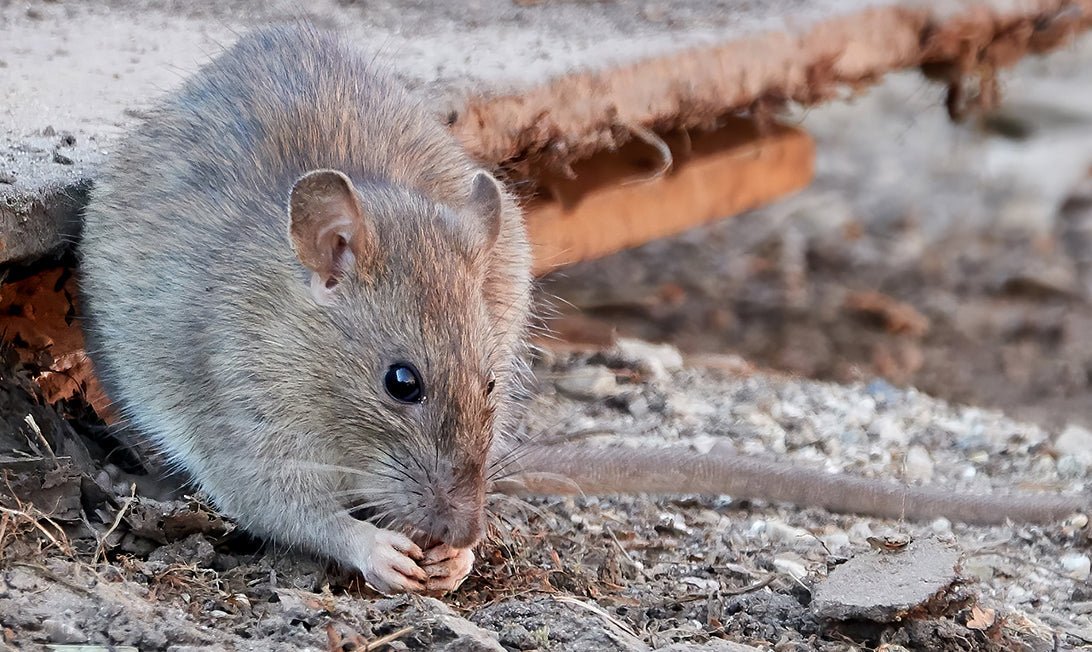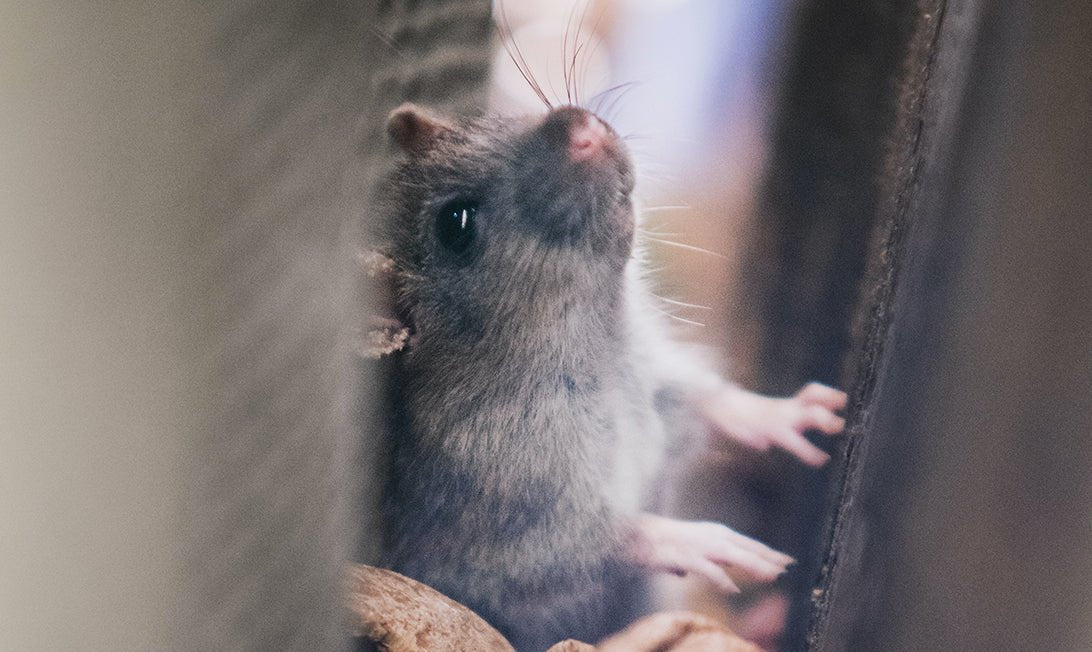
Rodents, including mice and rats, are among the most well-known pests. In addition to the destruction they cause by gnawing, they pose a considerable risk to people’s health (1).
In particular, rats are formidable and unwanted guests in the home. Their incredibly fast reproductive rates make them one of the most challenging species to control (2). The negative attention surrounding rats is not new; they have had unfavorable associations for hundreds of years, including their correlation with the Black Plague (3).
There are many effective rodent control methods. These methods include poisoning, trapping, hunting, shooting, fumigation, and deliberately introduced diseases (4).
The mainstay of rat control is the use of poisons, also called rodenticides. But, that brings up a few questions. First, how do rat poisons work? Is rat poison harmful to other animals? And finally, are there any other methods that would be safer for other animals?
How Do Rat Poisons Work?
In the USA, $19 billion annually is spent fixing the damage rats do to infrastructure and agriculture, making a clear need to control rats before there are serious economic and well-being consequences. One way of doing this is through the use of rodenticides (5).
The first line of defense when using rodenticides is through the use of anticoagulants. These types of poisons work to kill rats by stopping blood coagulation.
Anticoagulant rodenticide affects how vitamin K cycles in the liver. The poison stops the production of what allows blood to clot and leads to fatal hemorrhaging. More simply, the rats bleed out internally until they die (6).
Widespread use of anticoagulant rodenticides began decades ago and became very popular in the 1950s and 1960s. In the 1970s, scientists noticed that rats were resistant to these poisons and were genetically adapting to withstand the anticoagulant effect. This is where the second-generation anticoagulants came in (7).
Second-generation anticoagulants are commonly used today to control rats in the home. They are much more toxic than their predecessors and are more effective. However, there is a downside; they are too effective. Not only do these poisons kill rats, but they also kill any other animal that comes into contact with the poison itself or the rats that were contaminated by it (8).
Is Rat Poison Harmful to Other Animals?
Second-generation anticoagulants are incredibly lethal, and there is a possibility that other animals or humans will be harmed.
Studies examining the impact of anticoagulant rodenticides have shown that many animals, including pets, birds, and other wildlife, are vulnerable to these poisons (9,10).
There appears to be a growing consumer concern regarding anticoagulant poisons’ impact on other animals. In a recent investigation in the USA, nearly all residents located in two areas of California stated they were concerned about the impact these poisons have on other animals in their neighborhoods, especially pets (11).
Because of the level of concern around the ethics of anticoagulant rodenticides, there has been a recent push to use other, equally effective, control techniques. These include trapping, non-lethal deterrents, and lethal rodent-specific bait like the RatX® product collection.

What Methods Can Control Rats Without Harming Other animals?
Along with more traditional rat control measures, such as trapping and deterrents, there have been advances in rodenticides. These advances can reduce the secondary killing of other animals while still removing unwanted rats from your home.
EcoClear’s RatX® collection contains a variety of these rodent-specific solutions.
Unlike anticoagulants, RatX® works by destroying the connections between the stomach and the brain, making the rats unable to recognize that they are thirsty. This broken connection, along with the help of a dehydrating agent, causes the animals to fall asleep and succumb to dehydration (12).
The Bottom Line
Rats have been invading homes for hundreds of years, which has led to the development of different methods to get rid of them.
Over 70 years ago, poisons like first-generation anticoagulants became popular. Further development saw the second-generation anticoagulants rise in popularity. But these poisons have one major downfall: the secondary killing of other animals.
Fortunately, EcoClear’s RatX® provides you with an effective option to eliminate rats without harming other animals or the environment.



